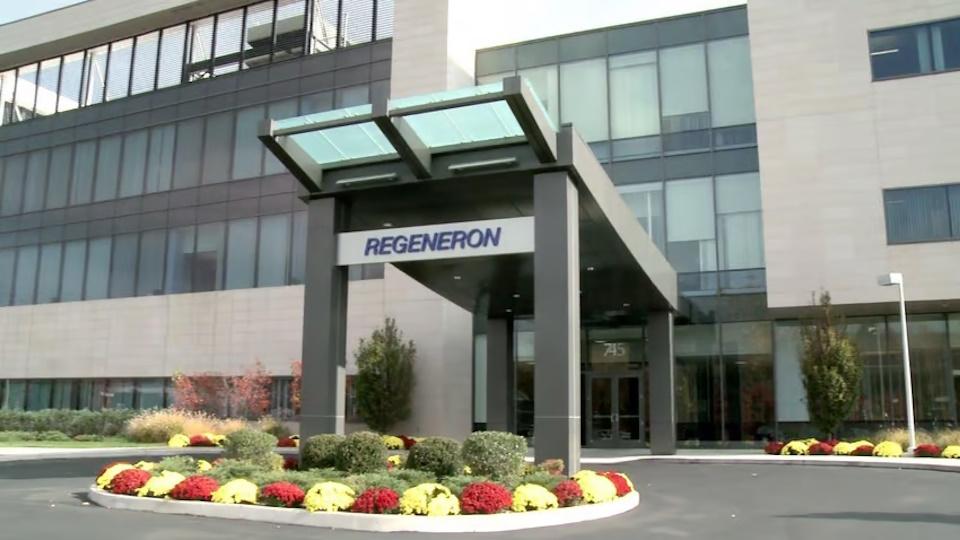Argenx gets FDA nod for first subcutaneous gMG therapy

Argenx' chief executive Tim Van Hauwermeiren
The market for drugs to treat the muscle-wasting disease generalised myasthenia gravis (gMG) is getting more crowded, and Argenx has just claimed an FDA approval that could expand its share.
The US regulator has cleared the Dutch biotech’s subcutaneous formulation of efgartigimod alfa, which is already used in an intravenous form as Vyvgart to treat gMG.
The new version – developed in partnership with Halozyme and called Vyvgart Hytrulo – is the first subcutaneous therapy for gMG in the US. It allows for a once-weekly injection administered by a healthcare professional that takes around a minute, rather than a weekly, hour-long IV infusion delivered at a clinic.
In clinical trials, the subcutaneous formulation of the FcRn blocker was found to be as effective as the original Vyvgart at reducing levels of antibodies in the blood associated with gMG and was generally well-tolerated other than mild to moderate injection site reactions.
Vyvgart was approved by the FDA for gMG in 2021 for adult gMG patients who are anti-acetylcholine receptor (AChR) antibody positive, a group that accounts for around 85% of the total population, and the Hytrulo version has the same label.
Argenx reported around $400 million in sales for Vyvgart in 2022, its first full year on the market, with $218 million in first-quarter 2023 sales suggesting strong growth is continuing for the product.
In the biotech’s first-quarter results update, Argenx’ chief executive Tim Van Hauwermeiren said that subcutaneous Vyvgart would be central to its strategy of building sales in early-line gMG and allowing patients to receive individualised treatment based on their needs.
While oral drugs like cholinesterase inhibitors, corticosteroids, and immunosuppressant drugs are typically used as first-line therapies for gMG, for patients who need more support the next step at the moment is a leap to IV therapy.
For some, a subcutaneous alternative may be more appealing, and the new version will also be valuable in areas where access to infusion clinics may be limited, according to Van Hauwermeiren.
Vyvgart Hytrulo has also been filed in Europe and Japan, and by early 2024 Argenx is hoping to have both Vyvgart products approved across all three regions. At launch, the subcutaneous form will be supplied in vials, but the company is also working on a prefilled syringe version that could potentially allow for self-administration by patients at home.
Analysts have said that Vyvgart could achieve blockbuster sales of $2 billion a year or more after the subcutaneous version becomes available, helping it grow against established IV rivals like AstraZeneca/Alexion’s market-leading C5 inhibitor Soliris (eculizumab).
Argenx is already working on extending the indications for Vyvgart to include other autoimmune diseases, including primary immune thrombocytopenia (ITP), pemphigus vulgaris (PV) and pemphigus foliaceus (PF), chronic inflammatory demyelinating polyneuropathy (CIDP), and others.













